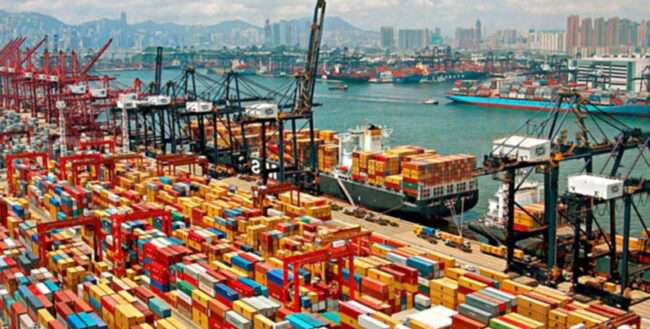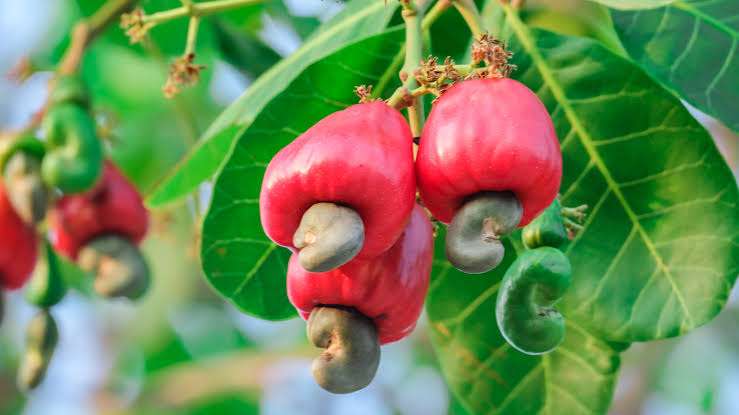Economy
Nigeria’s non oil export drops 6.5% to $4.5bn in 2023

Nigeria recorded 6.5 percent drop in non oil export in 2023, compared to the previous year, according to the Nigerian Export Promotion Council (NEPC).
The country attracted the sum of $4.5 billion from non-oil exports in 2023, compared to $4.8 billion recorded in 2022.
Nonye Ayeni, the Executive Director and Chief Executive Officer (CEO) of NEPC, disclosed this during a presentation on the non-oil export performance for 2023 in Abuja on Thursday.
According to Ayeni, since she assumed office in October 2023, the performance of the non-oil export sector had further indicated massive potential for growth and economic diversification.
The NEPC boss, however, said the drop was caused by instances of export rejection, the 2023 general election, and economic recession, among others.
She added that although there was a decline in value exported, a substantial volume increase was recorded in 2023.
Ayeni further said the volume of non-oil exports continued to increase over the years with 6.68 million metric tonnes of exportable products last year, thereby reaffirming the widely held assertion that the sector holds the key to economic revitalisation.
According to her , 273 different products were reported to have been exported in the period under review, ranging from manufactured, semi-processed, solid minerals to agricultural commodities.
She said an increase in the volume and value of exportable goods and services and the repatriation of export proceeds “will enhance foreign exchange inflow into the country as well as assist to stabilise the value of the naira”.
Ayeni further called for the support of banks and other financial institutions to support and drive Nigeria’s non-oil sector.
She said the banking sector plays a crucial role in the economy’s growth.
“There is no economy that can do away with the banking sector, and if you want any sector to grow, there has to be support from the financial sector,” Ayeni said.
“But most of the time, if those financial institutions cannot see that they (exporters) have been de-risked, they may be unable to help even when the money is available.
“So we are planning to help our exporters de-risk their businesses. Once we de-risk it across the value chain, we should get those banks and the development finance institutions (DFIs) to support them.
“The funds are within the country, but the businesses have to be de-risked.”
Ayeni maintained that support is critical in increasing the basket of exportable products, stimulating value-addition and increasing our foreign exchange earnings.
She also stressed the importance of adding value to exportable products as they attract premium pricing in the global market.
“There is no doubt that exporting companies can scale up their production and harness the opportunities in that space to increase the volume of exports if they have access to affordable finance,” the NEPC boss said, adding that the council has a new mantra to drive its core objective and mandate, which is termed ‘Operation Double Your Export’.
“Under this mantra, we have developed some initiatives and programmes to complement the existing ones,” she said.
“They are all geared towards significantly increasing our non-oil exports, improving our foreign exchange earnings, and fostering economic growth and diversification.”
Ayeni also said exporters would be supported with training that would help enhance their capacity to scale up production and access international markets.






